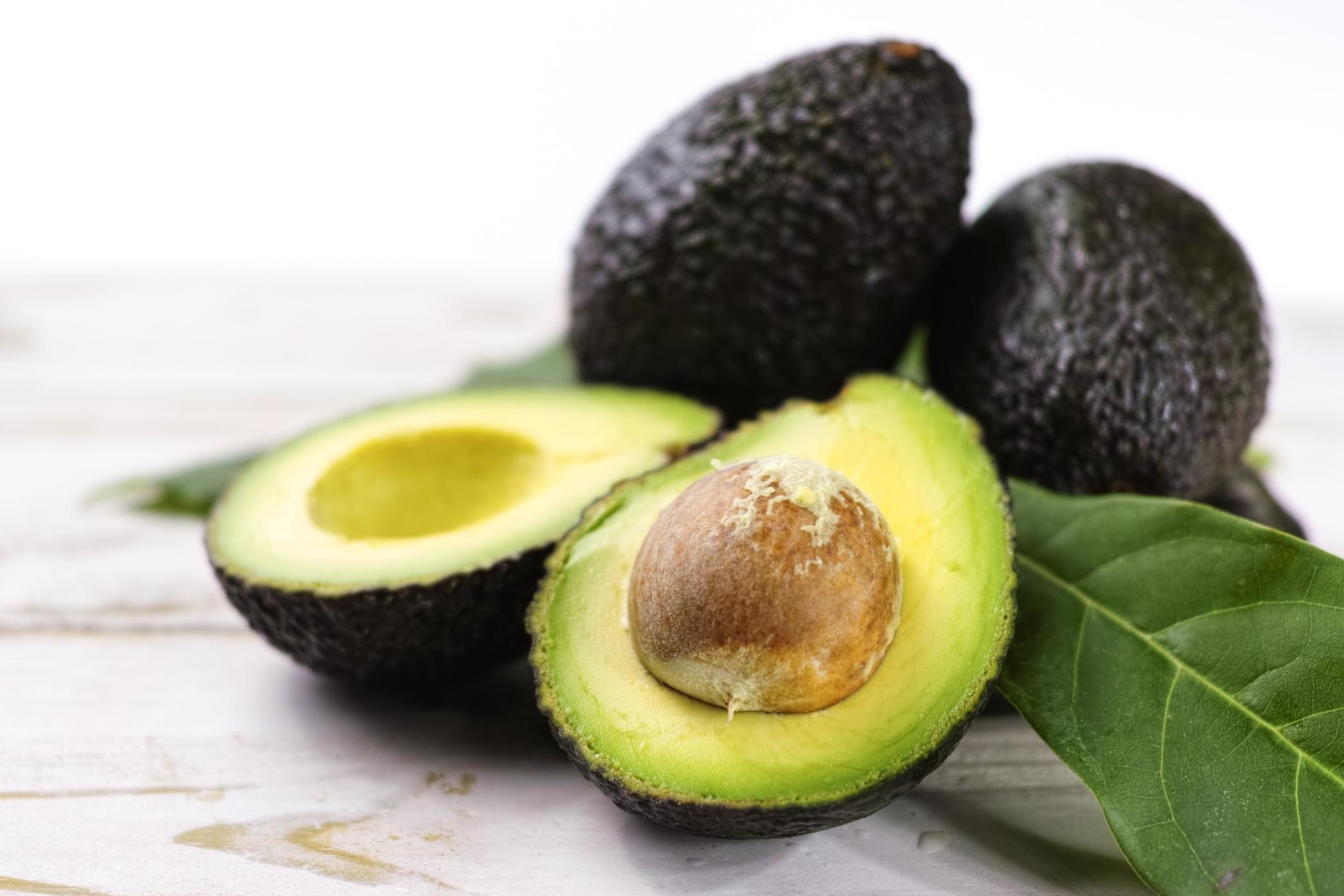Researchers offering people hundreds of dollars to eat 24 avocados
Group of universities to monitor 1,000 participants

Your support helps us to tell the story
From reproductive rights to climate change to Big Tech, The Independent is on the ground when the story is developing. Whether it's investigating the financials of Elon Musk's pro-Trump PAC or producing our latest documentary, 'The A Word', which shines a light on the American women fighting for reproductive rights, we know how important it is to parse out the facts from the messaging.
At such a critical moment in US history, we need reporters on the ground. Your donation allows us to keep sending journalists to speak to both sides of the story.
The Independent is trusted by Americans across the entire political spectrum. And unlike many other quality news outlets, we choose not to lock Americans out of our reporting and analysis with paywalls. We believe quality journalism should be available to everyone, paid for by those who can afford it.
Your support makes all the difference.Millennials rejoice — you could be paid to eat avocados.
A group of US universities are enlisting 1,000 volunteers to see if the fruit could help people lose weight around their middles.
Although avocados have a high fat content, this is mainly of the monosaturated kind, which has been linked to cholesterol reduction and lowered risk of cancer and heart disease.
Loma Linda University, Penn State University, Tufts University and the University of California will each recruit 250 participants for the study, who will be randomly divided into two groups.
The test group will be asked to eat one avocado per day throughout the six-month study, while a control group will be required to eat no more than two avocados per month during the same period.
Joan Sabaté, from the Center for Nutrition, Lifestyle and Disease Prevention at the Loma Linda University, said: “The study will examine whether eating one avocado per day reduces visceral adipose fat in the abdomen.”
The study is funded by the Hass Avocado Board, but Mr Sabaté insisted the sponsorship will not affect the findings, saying: “For the last 20 years, we have been doing dietary intervention studies on plant-based foods and nuts. We are rigorous in our selection of projects.”
Participants must be 25 years old or older and measure at least 40 inches around their waist if they are male or 35 inches if they are female.
The volunteers will receive health screening and attend meetings with a dietician. At the end of the study, all volunteers will receive $300 (£233) and members of the control group will be given 24 avocados.
Avocado trees are native to Central and South America and are now commercially produced across the US, the Caribbean, Brazil, Mexico, Israel and Australia.
Join our commenting forum
Join thought-provoking conversations, follow other Independent readers and see their replies
Comments